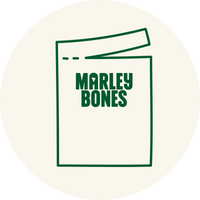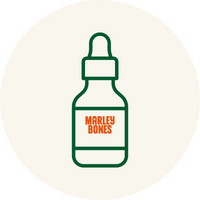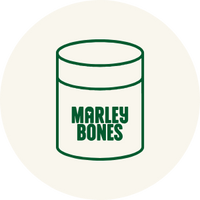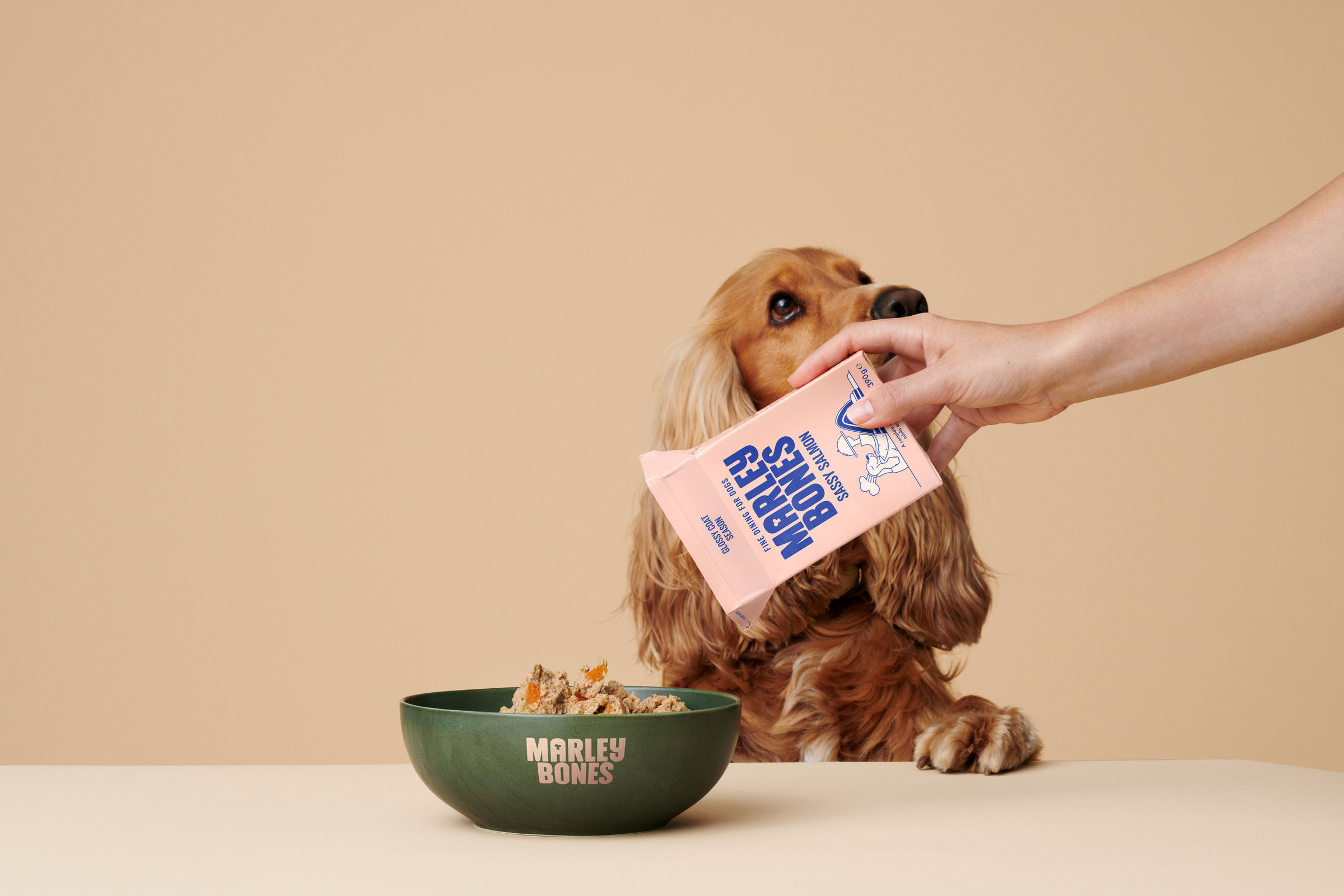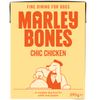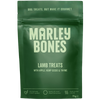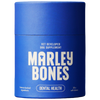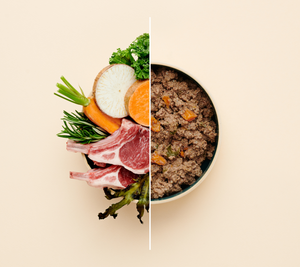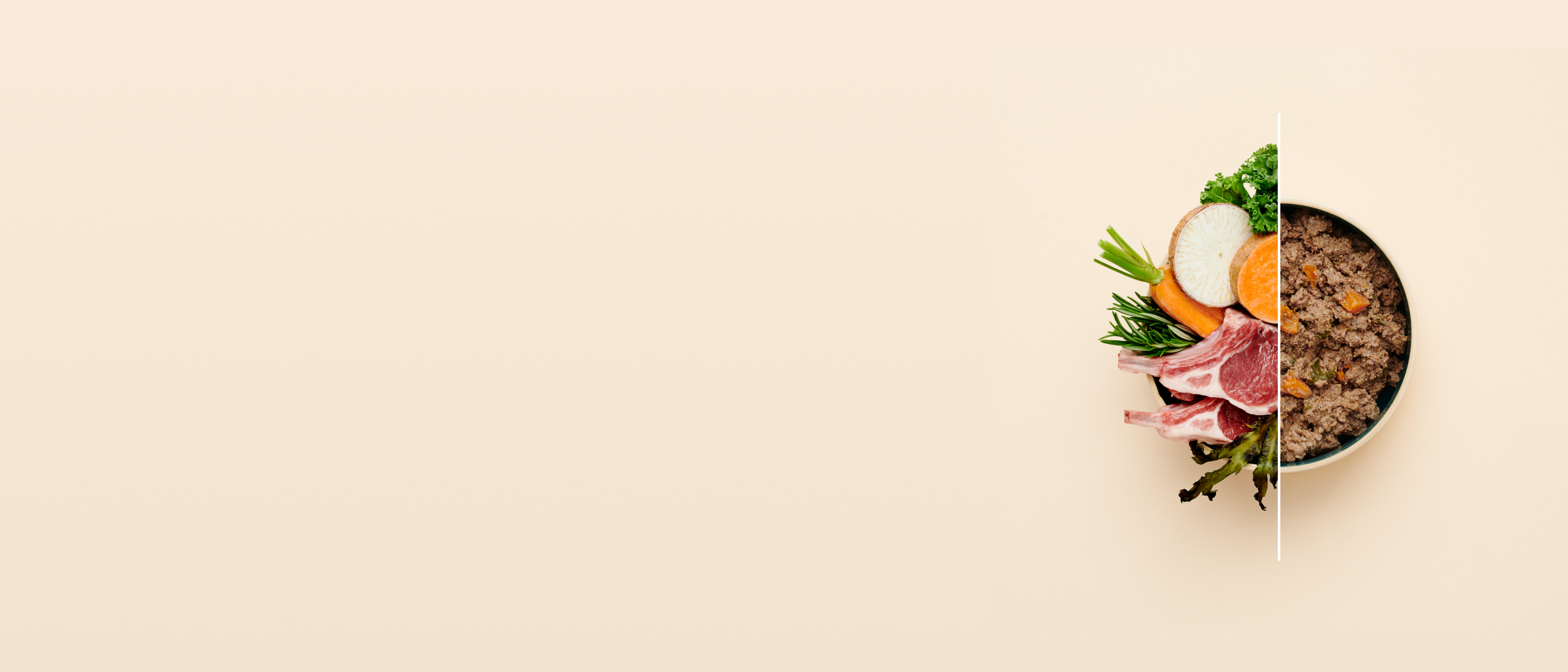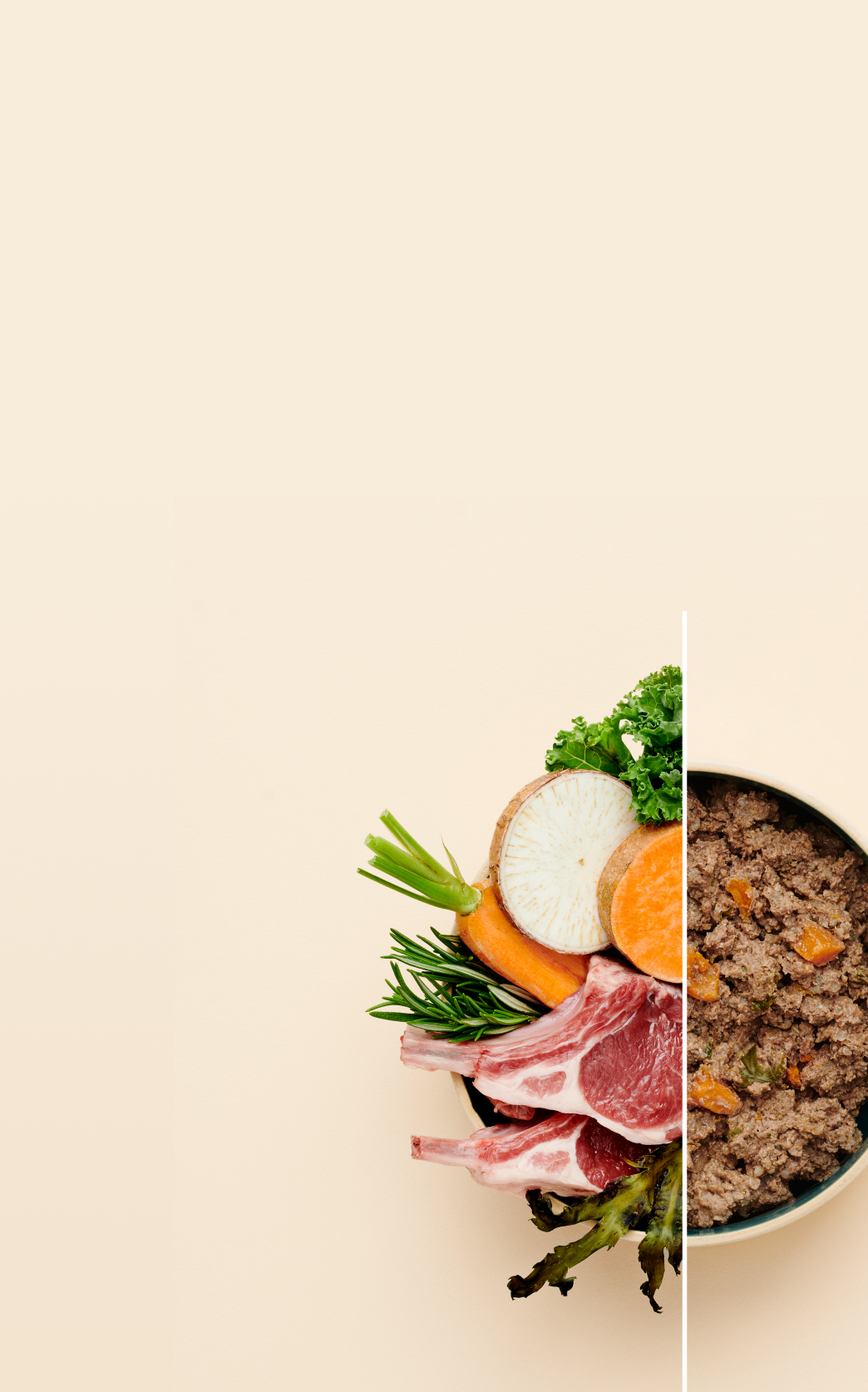Can My Dog Eat Fish and Seafood? Vet-Approved Guidelines
If you’ve ever wondered whether it’s safe to share your grilled salmon or a few sardines with your dog, you’re not alone. The short answer? Yes, dogs can eat fish and seafood — but only certain types, and only when properly prepared.
This guide is vet-approved by Dr. Davide Stefanutti, a leading veterinary nutritionist, and offers everything you need to know about safely introducing seafood into your dog’s diet.
Is Fish Good For Dogs?
Absolutely — when it’s cooked, plain, and boneless. Fish like salmon, whitefish, and cod are rich in lean protein and omega-3 fatty acids, which support your dog’s skin, coat, joints, and overall vitality.
However, fish must be thoroughly cooked to eliminate harmful parasites and bacteria. Never feed raw fish, and avoid bones entirely, as they can splinter and cause choking or internal injuries.
Dr. Stefanutti’s tip: “Cooked fish is a great addition to a balanced diet — just keep it simple. No bones, no seasoning, and served in moderation.”
Many fresh wet foods contain fish as the only source of protein - providing you with a convenient option for adding omega 3 into your dog's diet.

Can Dogs Eat Shellfish?
Yes — but with caution. Shellfish like shrimp and crab are safe when fully cooked, shelled, and unseasoned. Raw shellfish carries bacteria and parasites that can lead to serious illness. The shells themselves pose a risk of choking or digestive blockages.
Some dogs may also have shellfish allergies, so it’s best to start small and observe for signs like itching, swelling, or vomiting.
What About Salmon?
Salmon is one of the best fish you can feed your dog, according to Dr. Stefanutti. It’s packed with omega-3 fatty acids, which promote heart health, joint support, and a glossy coat.
Just be sure to use cooked, boneless salmon. Raw salmon can contain a dangerous parasite that’s especially harmful to dogs. And of course, no seasoning — garlic and onion are toxic.
Is Tuna Safe?
Tuna can be safe — in small amounts. It’s rich in protein and omega-3s but also tends to contain higher levels of mercury, especially in larger or older fish. That’s why it’s best used as an occasional treat, not a regular part of your dog’s diet.
Dr. Stefanutti says: “Go for tuna packed in water, not oil or brine, and limit how often you serve it to avoid mercury buildup.”
Can Dogs Eat Sardines?
Yes — and they’re actually one of the healthiest fish for dogs. Sardines are small, low in mercury, and packed with nutrients like vitamin D and coenzyme Q10. They’re great for heart, joint, and immune health — particularly for senior dogs.
Opt for sardines in water, with no added salt or seasoning, and feed them in moderation as a topper or treat.

Can Dogs Eat Sushi?
Best to avoid. While sushi might seem like a fun treat, most of it contains raw fish, seasonings, or ingredients that aren't safe for dogs — like avocado or imitation crab.
Raw fish can carry bacteria such as Salmonella and Listeria, which can cause gastrointestinal issues. Sticky rice and soy sauce aren’t ideal either.
Dr. Stefanutti advises: “If you want to share fish with your dog, skip the sushi and stick to plain, cooked options.”
The Final Woof
According to Dr. Davide Stefanutti, adding fish or shellfish to your dog’s diet can be a great way to improve their nutrition — as long as you stick to safe choices. Choose mild, low-mercury fish, cook it well, skip the seasoning, and serve it in small amounts.
Every dog is different, so introduce new proteins slowly, and always check with your vet if you’re unsure about a particular food.


